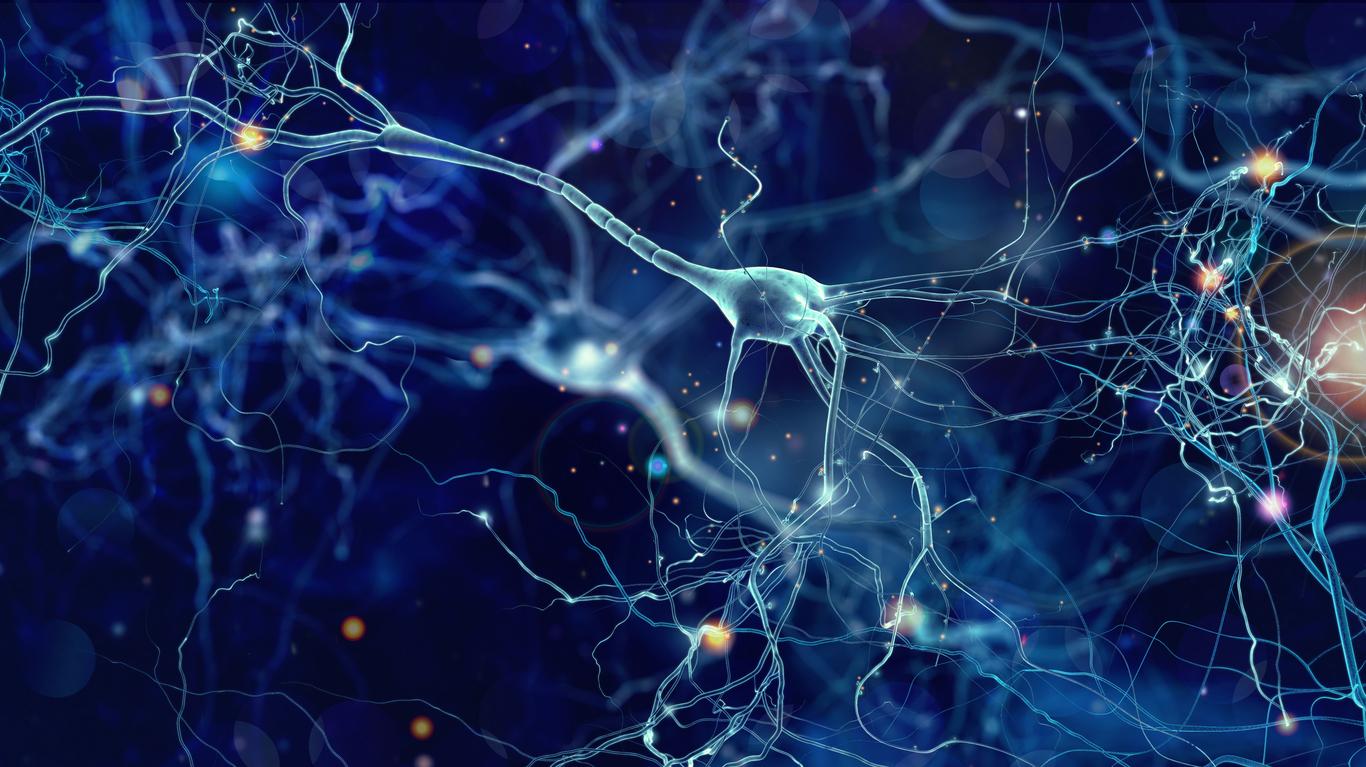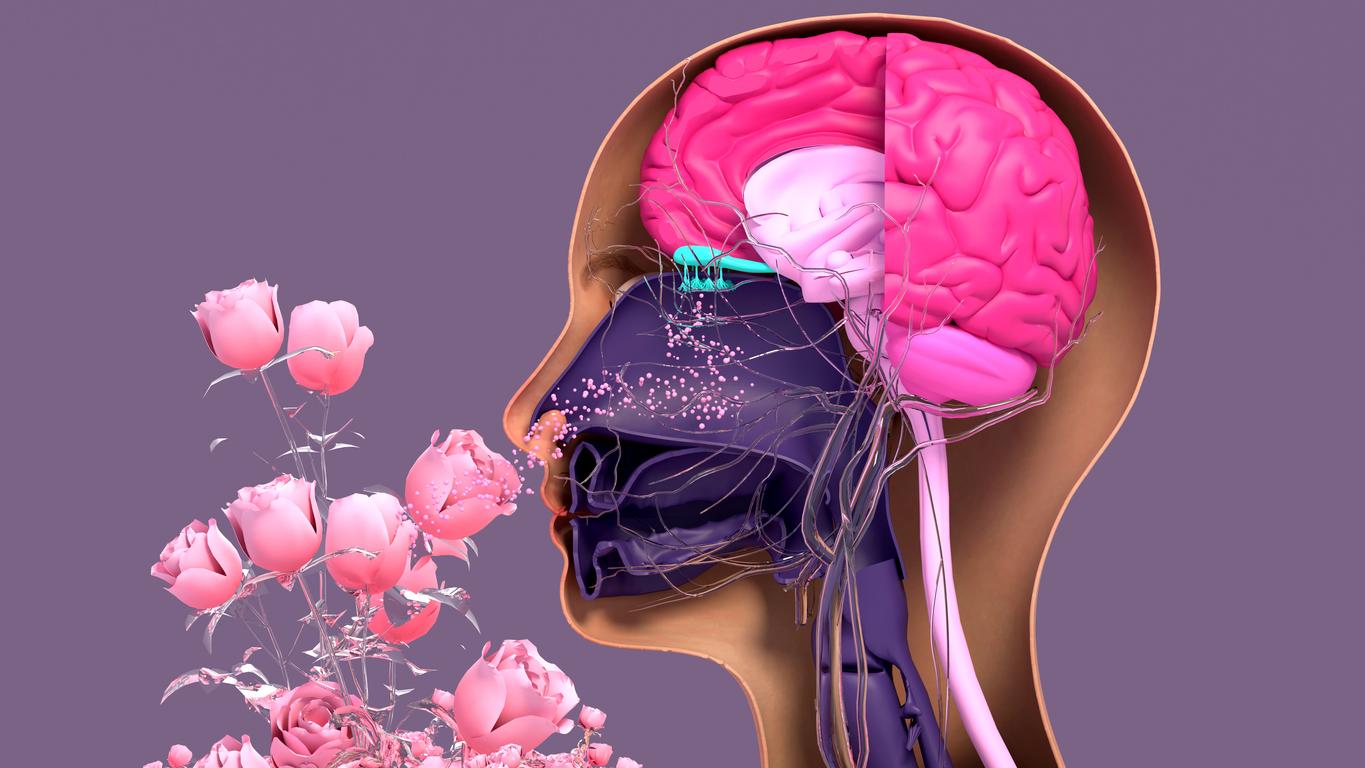Japanese researchers have demonstrated that specific oxytocin neurons help boost object recognition memory.

- Researchers have identified specific oxytocin neurons that help boost object recognition memory.
- The mice that had these neurons activated had a better memory for objects than the others.
- Identifying specific oxytocin neurons that affect memory could help develop treatments for dementia.
Oxytocin, nicknamed the love hormone, not only helps create a strong bond between mother and baby or between two lovers, it also boosts memory. A study from the Tokyo University of Science, published on November 16, 2023 in the journal PLOS Oneensures that oxytocin-specific neurons modulate object recognition memory.
Oxytocin: the hormone boosts the memory of objects
As Professor Akiyoshi Saitoh, who co-leads the research, notes, previous work had suggested that oxytocin – which plays a role in certain cognitive processes – could be a potential therapeutic candidate for dementia. “To explore this further, in this study we examined the role of endogenous oxytocin in mouse cognitive function. This was achieved by using pharmacogenetic techniques to specifically activate oxytocin neurons in specific regions of the brain. Cognitive function of the mice was then assessed using the Novel Object Recognition Task (NORT).explains the expert.
To identify the neurons responsible for oxytocin’s effect on memory, researchers focused on those located in the paraventricular nucleus (PVN) of the hypothalamus. Analyzes of the tests, carried out with mice, showed that rodents whose specific oxytocin neurons located within the supramammillary nucleus (SuM) had been activated, displayed better memorization capacities for objects.
“This study reveals for the first time the involvement of oxytocin in object recognition memory via the supramammillary nucleus”write the authors in their communicated.

Alzheimer’s: oxytocin could be a therapeutic avenue
This discovery on the involvement of neurons specific to oxytocin located in the supramammillary nucleus allows us to better understand the role of the love hormone in certain dementias such as Alzheimer’s disease.
“There is a widely recognized belief that dementia tends to progress more rapidly in settings where individuals experience loneliness or limited social engagement. However, the scientific underpinnings of this phenomenon have remained largely elusive. Our research seeks to elucidate the crucial role of a stimulating environment that activates oxytocin in the brain, potentially attenuating the progression of dementia”explains Professor Saitoh.
Continuing research in this direction could open the way to “innovative treatments and pharmaceutical interventions aimed at stopping the progression of dementia”according to the researchers.

















